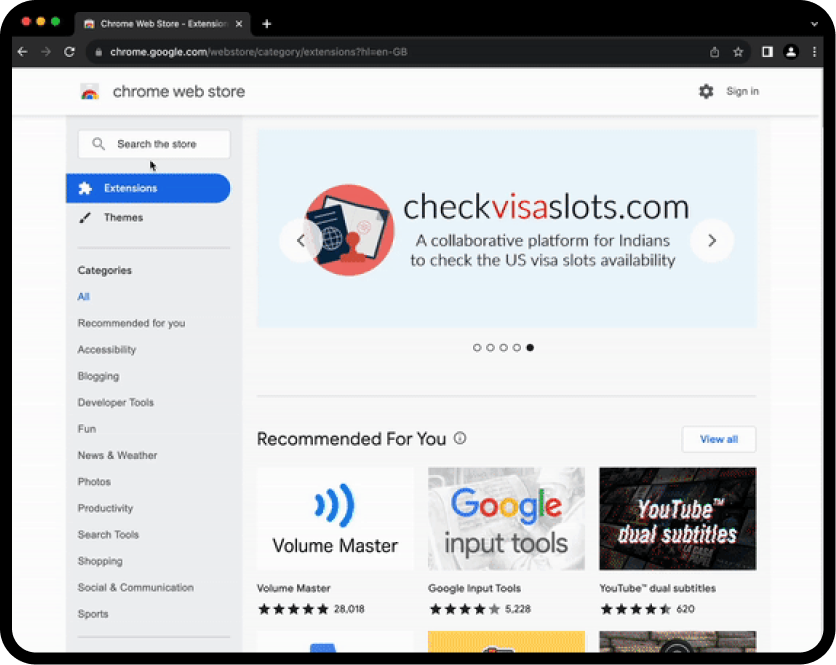JFlex Generator
Generates Java JFlex scanners from lexical specs to accelerate lexer development and ensure reliable integration in Java parsing pipelines.

Check It Yourself
About This Tool
Generates Java JFlex scanners from lexical specs to accelerate lexer development and ensure reliable integration in Java parsing pipelines. The tool targets language tool developers, compiler engineers, and build teams who require repeatable, testable lexical analyzers. It enforces JFlex-compatible syntax, macro expansion, and proper handling of character classes and ignore patterns. Outputs are deterministic, reproducible, and easy to integrate into standard Java build workflows.
Conceptually, the generator parses the lexical spec, resolves macros, constructs a finite automaton from ordered token rules, and emits Java sources following established JFlex conventions. It supports macros, ranges, and Unicode options, with capabilities to set package, class name, and output path. The produced sources can be compiled with Maven or Gradle and tested with representative input streams.
Audience benefits include teams building DSLs or language tooling, IDE developers adding lexers, and projects requiring a reproducible Lexical Analysis component. Unique value lies in strict validation, informative error reporting, and clean, ready-to-compile sources that minimize manual lexer coding. Typical use cases include rapid lexer prototyping, rebuilding lexers after grammar changes, and enforcing consistency across modules.
Core features include syntax validation, macro expansion, rule ordering, conflict hints, and generation of a standard JFlex-compatible scanner. It outputs Java source files, supports optional packaging metadata, and provides clear messages to guide fixes. The tool differentiates itself by delivering repeatable generation, strong error visibility, and seamless integration with common Java build systems.
How to Use
1. Provide inputs: Define the lexical specification in the supported syntax, including macros and token rules.
2. Configure options: Set package name, class name, Unicode support, and output paths.
3. Run generation: Trigger the generator to validate syntax and produce Java sources.
4. Retrieve outputs: Access Scanner.java and supporting files for compilation.
5. Validate: Compile and run sample inputs to confirm tokenization behavior.

FAQs/Additional Resources
Find Quick Answers
What happens if the spec contains undefined macros?
Can I customize the output package and class names?
Does it generate tests or runtime behavior?
User Reviews
See What Others Are Saying
Explore Related Tools
More Solutions for Your Needs
Crossword Generator
Generates customizable crossword puzzles from word lists for educators, students, hobbyists, and publishers seeking quick, printable word games.
Crossword Grid Generator
Generates customizable crossword grids from word lists and clues for quick printing and publication. Supports size options, symmetry, and export formats.
Your Feedback Matters
Help Us to Improve

 Norwegian
Norwegian
 Danish
Danish
 German
German
 English
English
 Spanish
Spanish
 French
French
 Italian
Italian
 Dutch
Dutch
 Portuguese
Portuguese
 Swedish
Swedish
 Hebrew
Hebrew
 Arabic
Arabic









